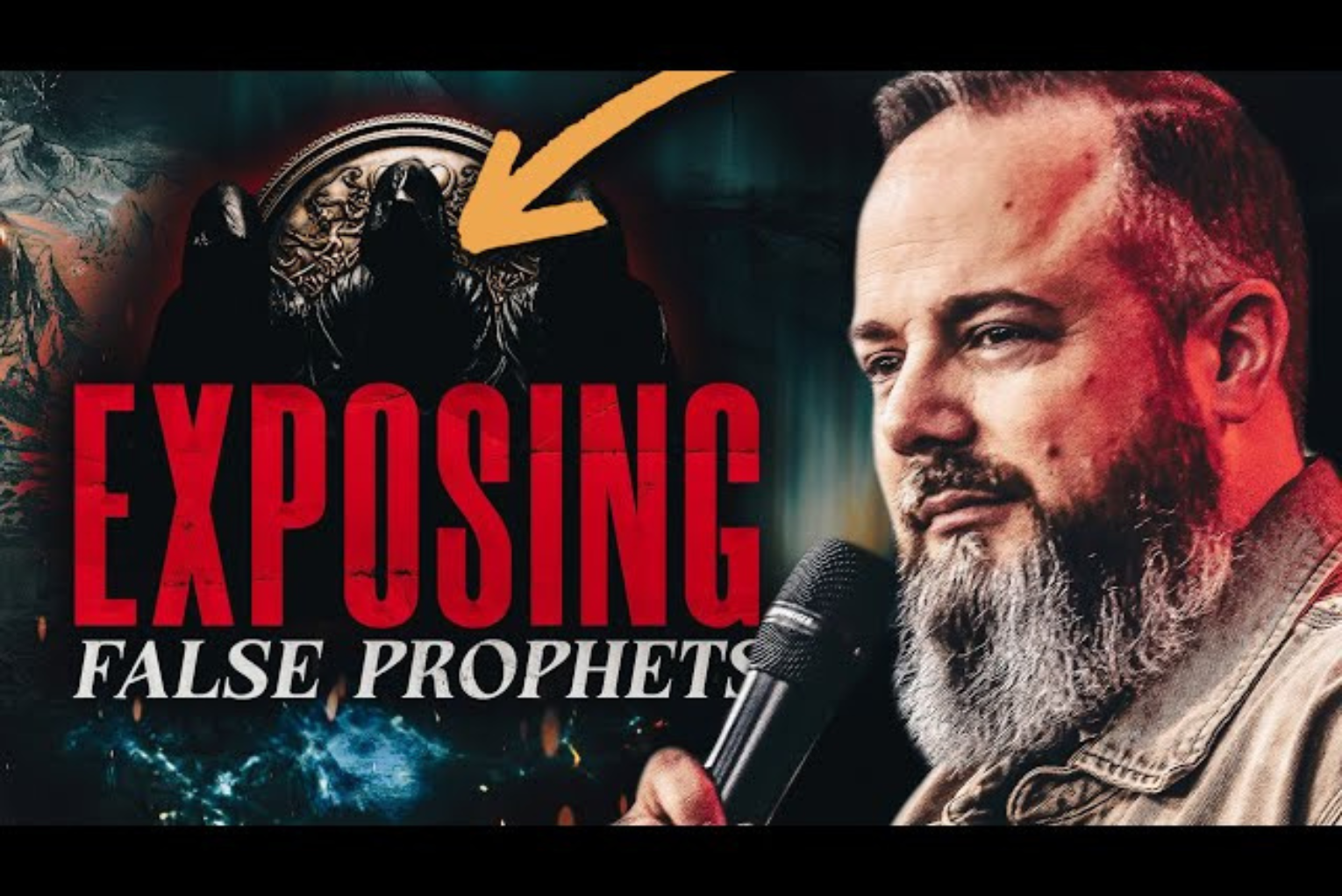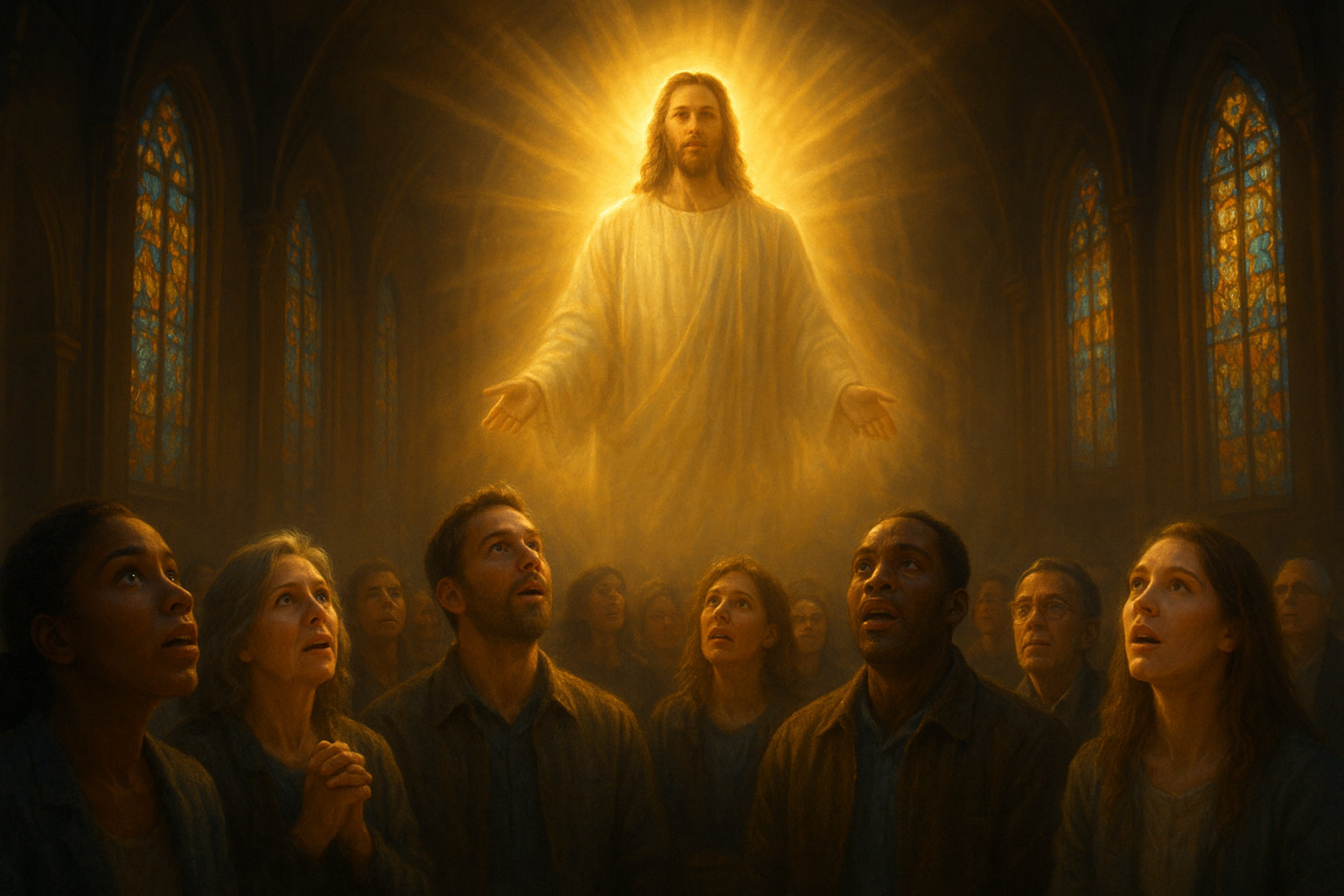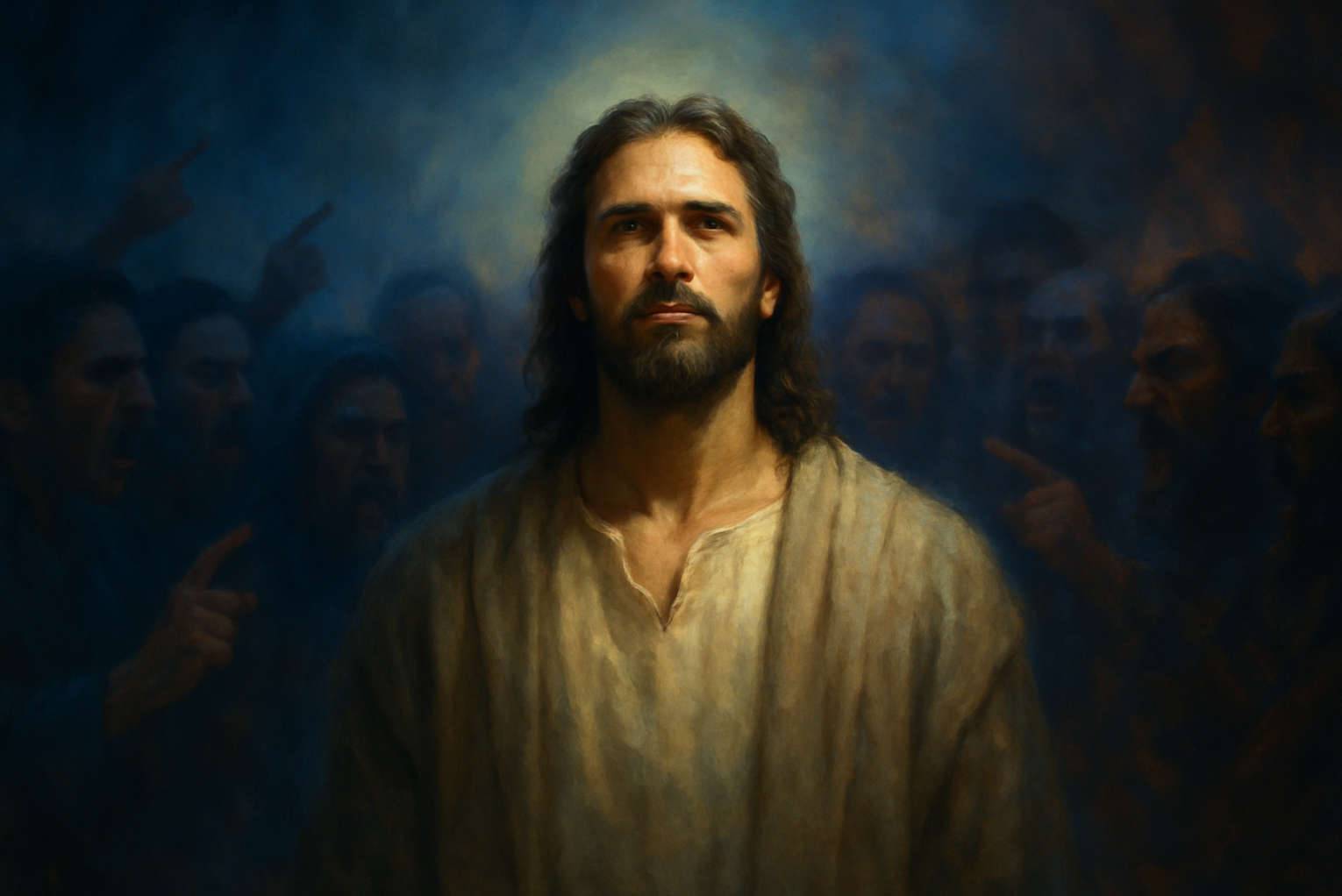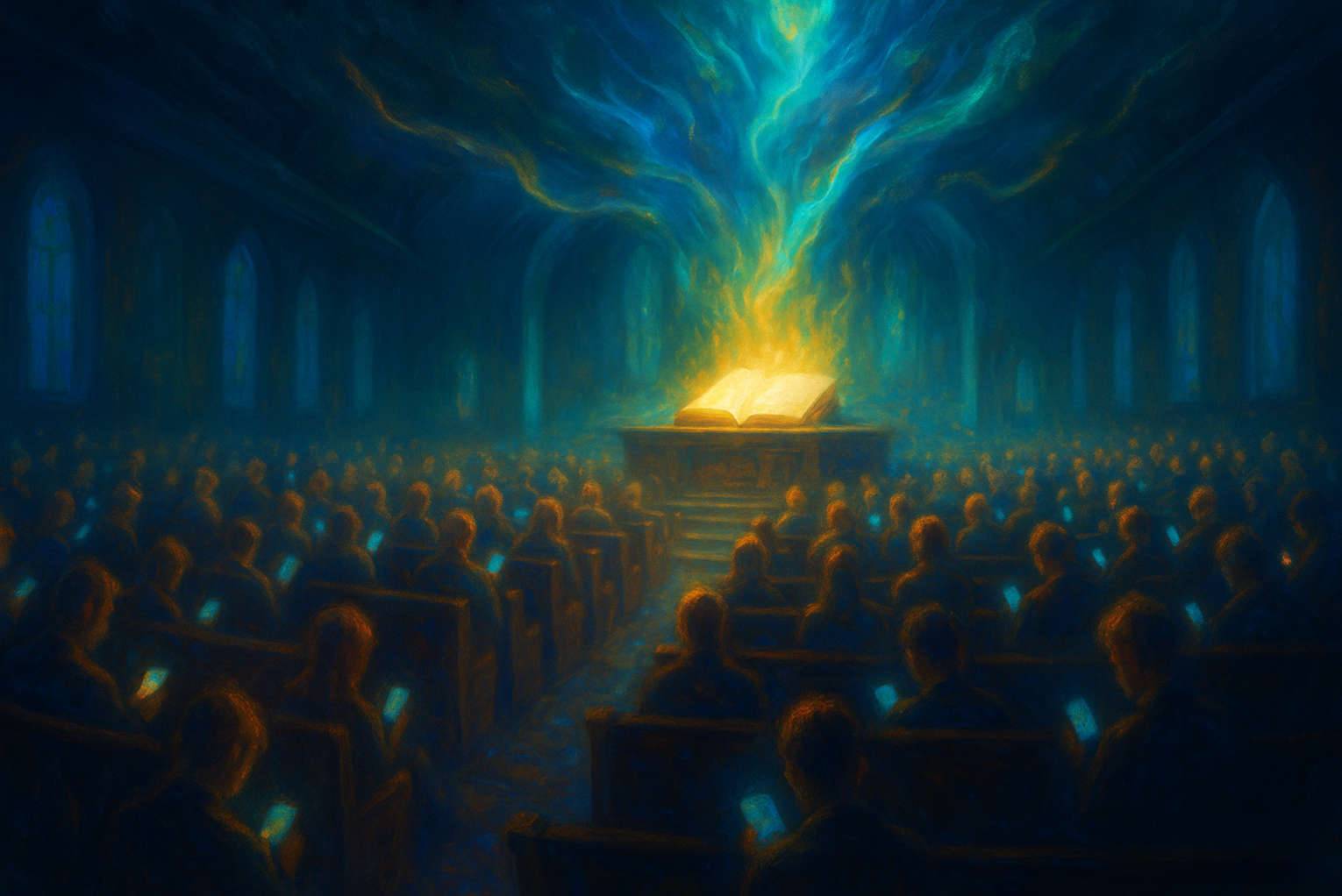When it comes to the prophetic, false prophets tend to make the top of the list for what Christians tend to watch out against. In a recent message, Bishop Alan DiDio explained what the body of Christ needs to understand about false prophecy, the use of Scripture and how we are to carefully look after the spirit of prophecy.
“With the flurry of prophetic words, one can become disillusioned when they see things not come to pass, when they see someone prophesying out of their flesh,” DiDio says. “So, how do we navigate these troubled waters, especially when the Bible says in the last days there will come a group of people with itching ears?”
Breaking News. Spirit-Filled Stories. Subscribe to Charisma on YouTube now!
DiDio points out that there are people who desperately want to hear anything from the prophetic ministry, just desiring to have their ears scratched with a word.
“There are certain people that are more susceptible to others to prophetic error,” says DiDio.
DiDio also makes the point that just as detrimental as false prophets are to the body of Christ, so are false accusers.
“The only thing as bad as a false prophet, is a false accuser,” he says. “Did you know that in the Word of God there is just as much condemnation for those who stoned the prophets? There is just as much condemnation for gossip and for lying and for backbiting and talebearing and those who sow strife within the body of Christ as there is against those who prophesy falsely.”
DiDio further explains that today we see two extreme camps in Christianity: Those who are super spiritual, and those who are super scriptural.
“The hyper-spiritual saint is so open to error and false doctrine that they’re in danger of hellfire, and the hyper-theological or scriptural saint is so bound by legalism they’re in danger of no fire whatsoever,” DiDio explains.
To order Chris Garcia’s new book, “Fresh Oil,” visit Amazon.com.
“The spiritually goofy are worried about quenching the spirit and so will place anyone who says they’re a prophet on the same level with Paul while the theological prudes of our day are so worried about error that they’ll stop the work of Christ and say that there are no prophets today,” he continues.
However, as DiDio points out, neither one of those approaches are biblical. He points to 1 Thessalonians 5:20, which says, “Do not despise prophecies.” As DiDio points out, this message came at at time when the Thessalonians were struggling with false prophecy. Understanding prophecy, therefore, is something people have been trying to distinguish and grasp a feel for centuries.
As we seek to understand Scripture and prophecies more, let us test the spirits and seek the Lord for wisdom and direction. We must remember that God’s ways and thoughts are higher than ours, and we cannot judge things based on our own human perception.
Join Charisma Magazine Online to follow everything the Holy Spirit is doing around the world!
Abby Trivett is content development editor for Charisma Media.












































